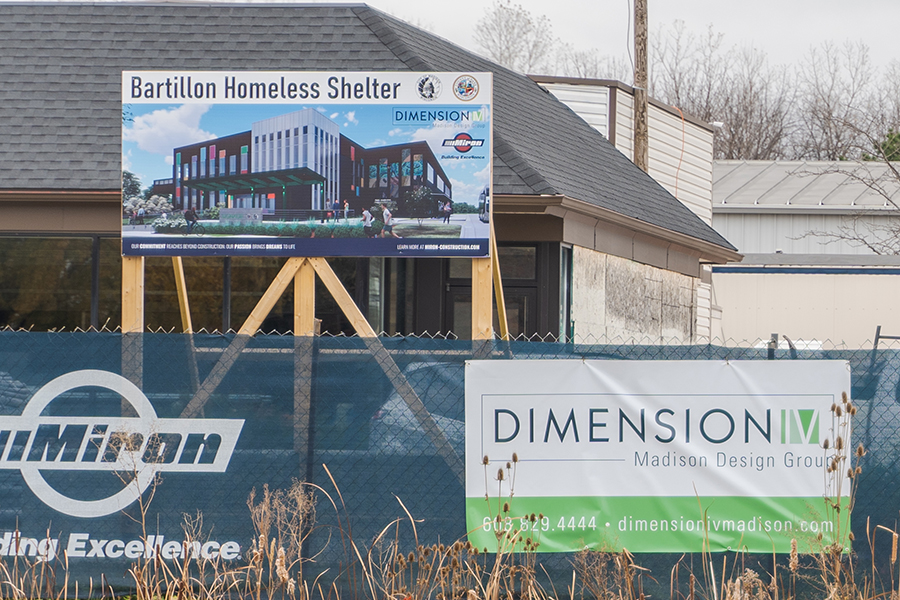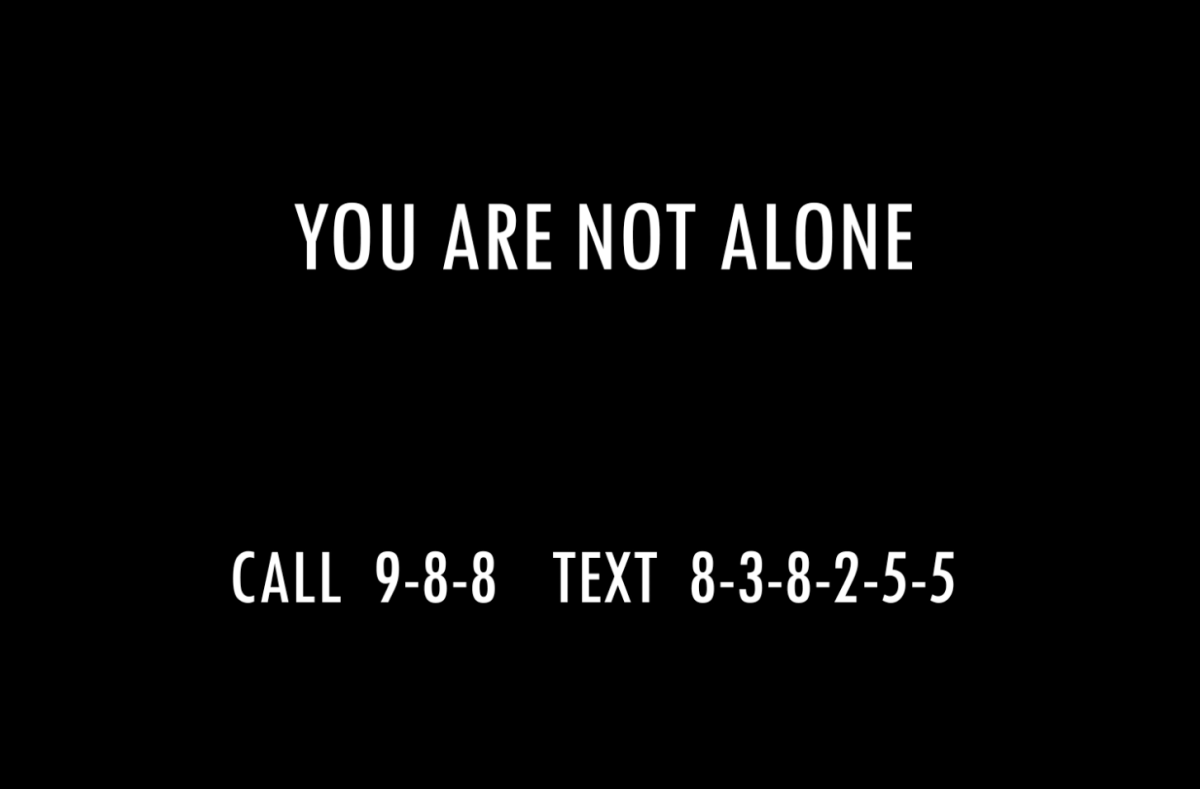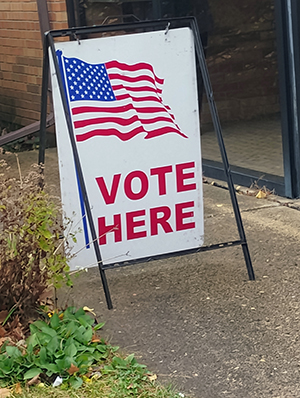Know your tenant rights and how to get help
May 11, 2020
The stock market has crashed, an outbreak of disease has spread like wildfire, and a Stay at Home order was passed. The impacts of the COVID-19 global pandemic are far-reaching. It has cost people across the world their jobs, their ability to feed and provide for their loved ones, and most sadly, it has cost some of them their lives.
For those struggling to pay rent or facing the potential for eviction, it is important to know their rights as tenants. Wisconsinites, for example, are entitled to certain rights when renting an apartment, house, or other residential property. For specific concerns, and before enlisting a lawyer, there is a valuable resource in the Tenant Resource Center (https://www.tenantresourcecenter.org/).
The center recommends trying to reach out to your landlord first. You should also know that on March 27, Gov. Tony Evers announced a temporary statewide ban on evictions and foreclosures effective for 60 days due to the pandemic. That means landlords are prohibited from serving any notice terminating a tenancy unless it is for an imminent threat of serious physical harm to another person. Residents are still obligated to pay rent, make mortgage payments, or any other obligation an individual may have under a tenancy or mortgage. But it means not paying rent in Wisconsin is a legitimate reason to file for eviction.
Brianna Goebel is a single parent who is considered an “essential worker” and works at a glass manufacturing company in Spring Green, Wisconsin. When asked if her landlord was providing any assistance or offering the option for payment plans, she says, “I have not even heard from my landlord since the pandemic has occurred.”
Goebel is a mother to a 5-year-old boy and although she is thankful for the paycheck that she has coming in, she stresses, “It is harder to be working during the pandemic. Its financially and emotionally draining.”
Some are forced to choose between paying rent and paying for medicine and food for their family. Others may make the tough decision to continue living in a dangerous situation because they cannot afford to leave it.
The Tenant Resource Center stresses that renters are entitled to a safe living space under the Safe Housing Act and other laws. This includes the fact that dwellings must be habitable, have working smoke detectors and working locks. Victims of domestic abuse, stalking or sexual assault may end their lease early if certain steps are taken.
There are other cases where a lease can be ended early. If a mutual agreement is made to end a lease early, the landlord cannot ask for more money to end the lease than their actual reasonable costs. Constructive eviction happens when there are serious issues related to health and safety with the unit. If this happens, the renter may be able to end the lease early.
If the renter is in the military, they also may be able to end their lease early if deployed or there is a change in where they are stationed for 90 days or more. This is important during the pandemic as National Guard members, for example, are being called up to assist in establishing field hospitals and more.
While most people only consider the tenants when discussing COVID-19’s impact on the real estate and rental industry, there is another side to consider. How has COVID-19 impacted landlords?
Jason Meyers, a local landlord who owns a small property management business, says that so far he has been unfazed by the economic situation. He says that while he is aware of the current suspension of evictions, he has not had to go as far as pursuing eviction.
“Our goal is to provide quality housing to individuals that I personally would live in,” Meyers says. “We treat the property and the residences just as I would want to be treated. The more open line of communications we have with our residences, the easier it is to work through any maintenance requests, rent payments and lease renewals.”
How to find help
If you have questions about your rental situation, first try talking to your landlord. For additional resources and questions, contact the Tenant Resource Center at (608) 257-0006 or toll-free if outside of Dane County at (877) 238-RENT (7368).



























